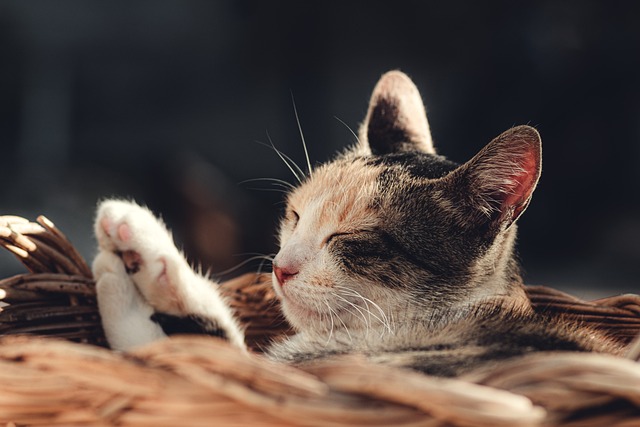Introduction
Roundworms, specifically Toxocara cati and Toxascara leonina, are intestinal parasites that can affect cats and, in some cases, humans. Understanding their lifecycle, symptoms, treatment, and prevention is crucial for the well-being of your feline companion and your family.
What Are Roundworms?

Roundworms are thin, pale-colored parasitic worms that reside in a cat’s gastrointestinal tract. They can reach up to four inches in length and are commonly found in cats and various other animals. These worms reproduce by laying eggs, which are then excreted in the cat’s feces, becoming infectious after a few weeks in the environment.
Symptoms of Roundworm Infestation
While some roundworm infections may go unnoticed, heavy infestations can lead to observable symptoms, including:
- Weight loss or failure to gain weight
- Dull coat
- Pot-bellied appearance
- Worms in vomit or stool (more common in kittens)
- Diarrhea
- Coughing due to larval migration through the lungs
Severe infections may lead to intestinal blockage, causing vomiting, bloating, and lethargy.
Causes of Roundworm Infestation
Cats become infected with roundworms by:
- Ingesting eggs or larvae from contaminated environments
- Consuming infected fecal material
- Ingesting grass or soil carrying infectious eggs
- Grooming their own fur or other cats’ fur containing eggs
- Eating organisms infested with roundworm larvae (e.g., beetles, rodents)
Diagnosing and Treating Roundworms
Diagnosis is typically done by a veterinarian through a stool sample analysis. Medications are available to treat adult roundworms, but treatment may need to be repeated to target residual larvae. Pregnant cats should also be treated to prevent transmission to kittens.
Prognosis and Prevention
With prompt and persistent treatment, most cats can fully recover within weeks. Prevention involves keeping cats indoors and following vet-recommended hygiene practices, including regular litter box cleaning and handwashing.
Types of Roundworms
Toxocara cati and Toxascara leonina are the two species of roundworms that affect cats. They have similar appearances and behaviors, but their lifecycles differ.
Contagion to Other Animals and Humans
Toxocara cati is contagious to other cats and humans but not to dogs. Toxascara leonina is less common and can infect both cats and other species, including humans, but occurrences are rarer.
Roundworms in Humans
Humans can become infected with roundworms, primarily T. cati. This can occur through ingestion of eggs, which is more common in children. While most cases are not severe, in serious instances, it can lead to organ damage, particularly in young children.
Understanding roundworms and taking appropriate preventative measures is essential for maintaining the health of your cat and ensuring the well-being of your family members. Regular veterinary check-ups and good hygiene practices are key in managing roundworm infections.



